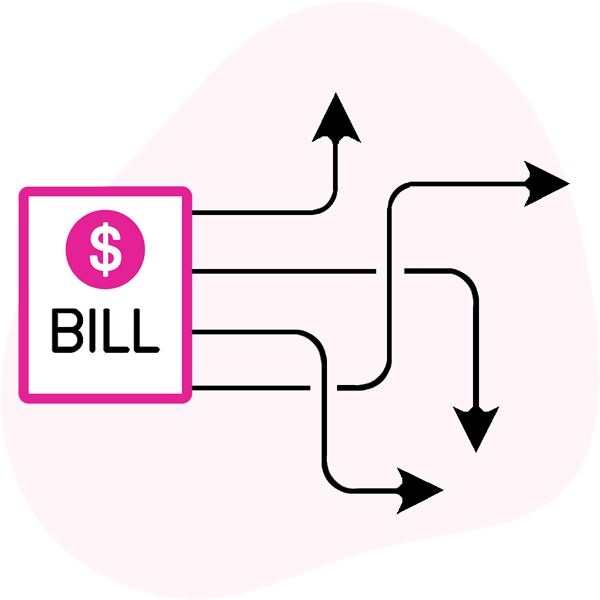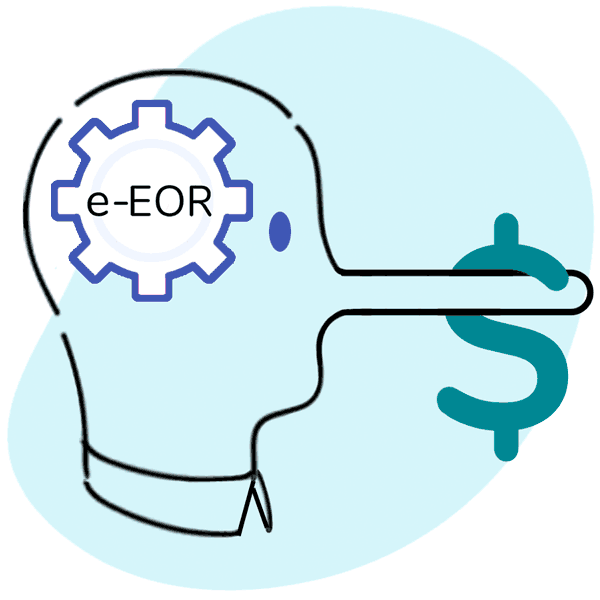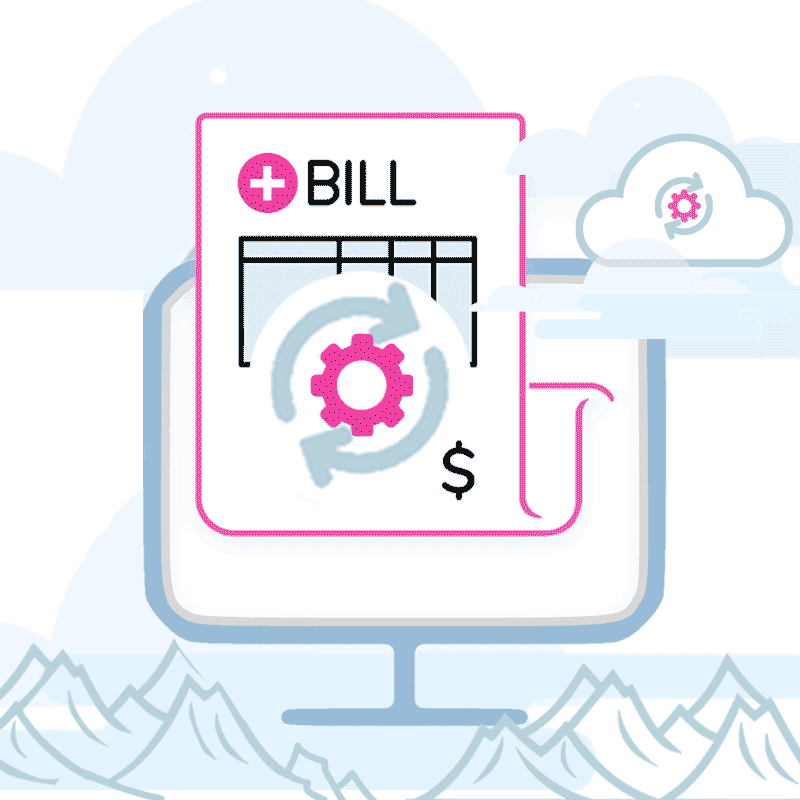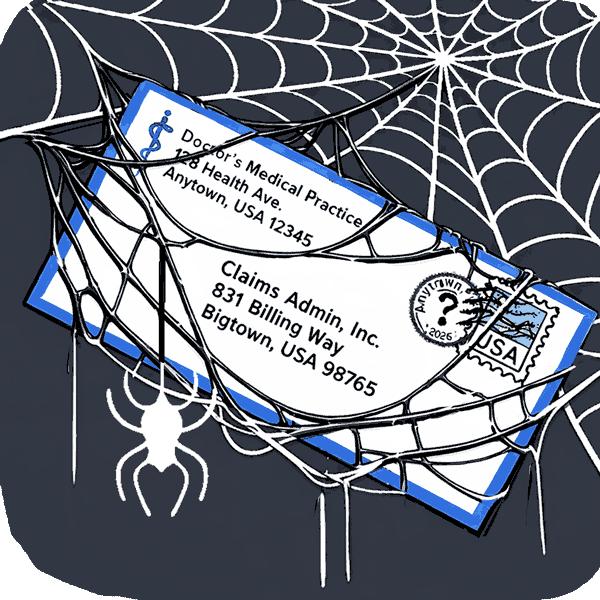Workers' Comp Claims Admin & Clearinghouse Updates: September 2025

For workers’ comp medical providers, knowing where to send bills for treatment is often the first hurdle to getting paid.
With hundreds of entities involved in the bill processing and payment journey, providers sometimes need help determining who is responsible for reimbursement (and how to get bills to them).
For that reason, we publish updates like the one below, detailing changes to:
- The claims administrators (insurers, Third-Party Administrators (TPAs), and self-insured employers) responsible for paying workers’ comp bills, and
- The clearinghouse vendors that accept providers’ electronic bills (e-bills) on behalf of those claims administrators
Review the tables below for the latest updates. Bonus: the handy primer after the tables provides a breakdown of the roles claims administrators and clearinghouses play in the workers’ comp system.
Employer Claims Administrator Updates
For the table below, the ‘Current Claims Administrator’ is responsible for paying for the treatment of injured employees who work for the ‘Employer’ as of the ‘Effective Date.’
We list the ‘Previous Claims Administrator’ for reference, but they are no longer responsible for issuing payment for treatment provided to the employer’s injured workers.
Note that for Applied Materials, Inc. claims, TPA Gallagher Bassett assigned new claim numbers to the claims they took over from CorVel. Before sending bills for Applied Material injured employees, providers must call Gallagher Bassett to obtain the new claim numbers.
Employer |
Previous Claims Administrator |
Current Claims Administrator |
New Claim Numbers Assigned |
Effective Date |
Central Contra Costa Transit Authority (CA) |
CorVel |
Innovative Claim Solutions |
No |
8/6/2025 |
Applied Materials, Inc. |
CorVel |
Gallagher Bassett Services Inc. |
Yes |
9/17/2025 |
The Service Companies |
CorVel |
Sedgwick Claims Management Services, Inc. |
No |
9/19/2025 |
Electronic Billing Clearinghouse Updates
Almost all claims administrators lack the technology to accept and respond to providers’ e-bills. To manage providers’ e-bills, a claims administrator must hire a clearinghouse vendor (for a full explanation of the role of clearinghouses, see the primer at the bottom of this article).
The table below lists three ‘Claims Administrators’ and the ‘New Clearinghouse’ that accepts and responds to e-bills on their behalf as of the ‘Effective Date.’
Previously, the Claims Administrators listed below did not accept e-bills and had not designated a clearinghouse; hence, we list the ‘Previous Clearinghouse’ as ‘None.’
Note that Normandy Insurance uses Carisk as its clearinghouse for New York e-bills only, and uses Data Dimensions for e-bills in all other states.
Claims Administrator |
Previous Clearinghouse |
New Clearinghouse |
Effective Date |
Florida School Boards Insurance Trust |
None |
Jopari |
7/28/2025 |
Affirmative / Prime Administrators |
None |
Data Dimensions |
9/2/2025 |
Broward County Public Schools (FL) |
None |
Data Dimensions |
9/13/2025 |
Normandy Insurance - NY bills only |
None |
Carisk |
8/29/2025 |
Normandy Insurance - Bills for all other states |
None |
Data Dimensions |
9/13/2025 |
Claims Admins & Clearinghouse: Roles & Responsibilities
The claims administrator is the entity responsible for paying providers’ bills for injured workers’ treatment. The claims administrator can be:
- An insurer
- A self-insured, self-administering employer
- A TPA
Most claims administrators lack the technology and expertise to accept and respond to e-bills, so they hire clearinghouses to do so on their behalf.
Most important: when sending e-bills to a claims administrator, it is critical to route the bill to the specific clearinghouse hired by the claims administrator.
daisyBill maintains direct electronic connections to all clearinghouse vendors, so each e-bill can take the most direct path to its destination (and avoid the clearinghouse “rerouting” that can result in lost bills and/or supporting documentation).
Note that CorVel and the Department of Labor (DOL) are the only two claims administrators that do not use a clearinghouse vendor. As these entities accept e-bills directly from providers, daisyBill maintains direct e-billing connections to both.
Our workers’ comp e-billing experts are here to help any providers (whether they’re clients or not) with questions about e-billing or transmission of e-bills and supporting documents. Use the chat icon on this screen to reach our team, or email us at info@daisybill.com.
We make workers’ comp e-billing simple. Click below to see how daisyBill can save your practice time and money:
LEARN MORE: DAISYBILL
DaisyBill provides content as an insightful service to its readers and clients. It does not offer legal advice and cannot guarantee the accuracy or suitability of its content for a particular purpose.
.gif)




